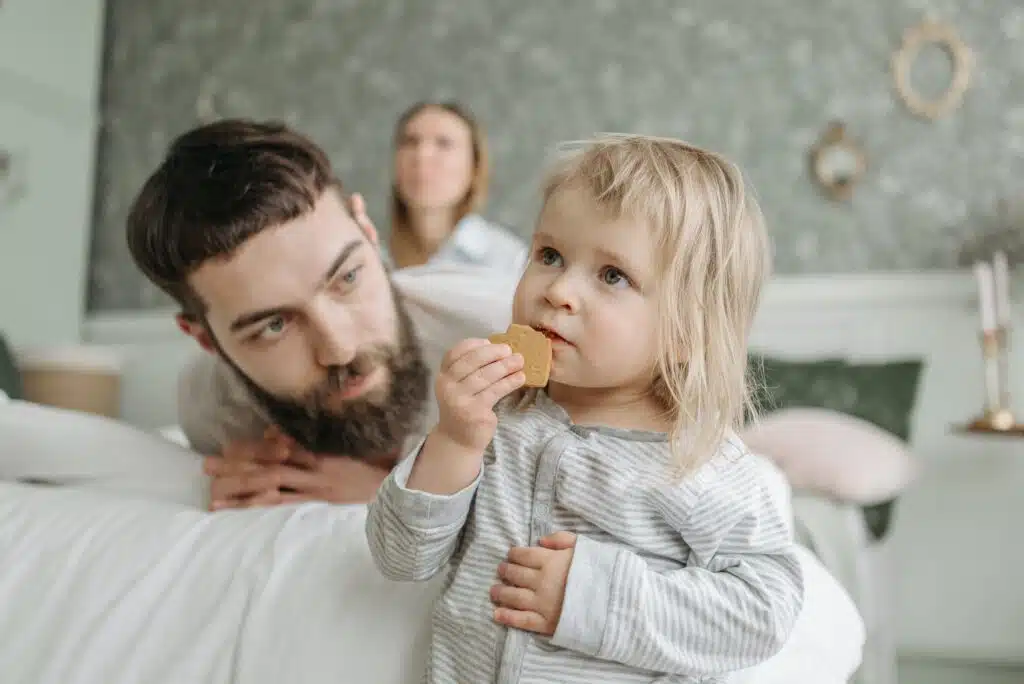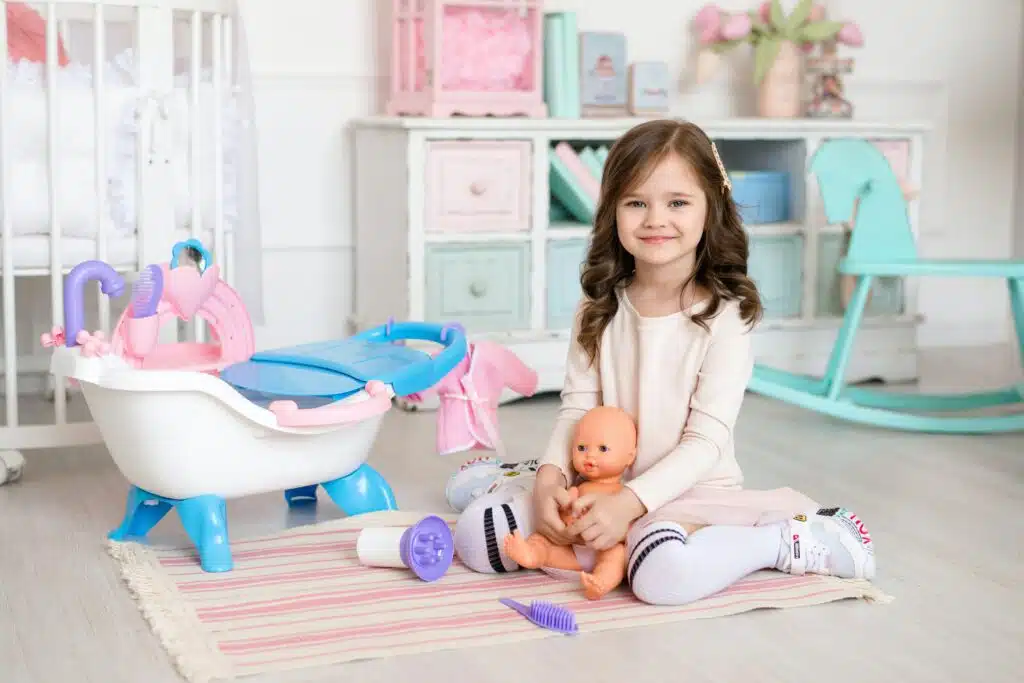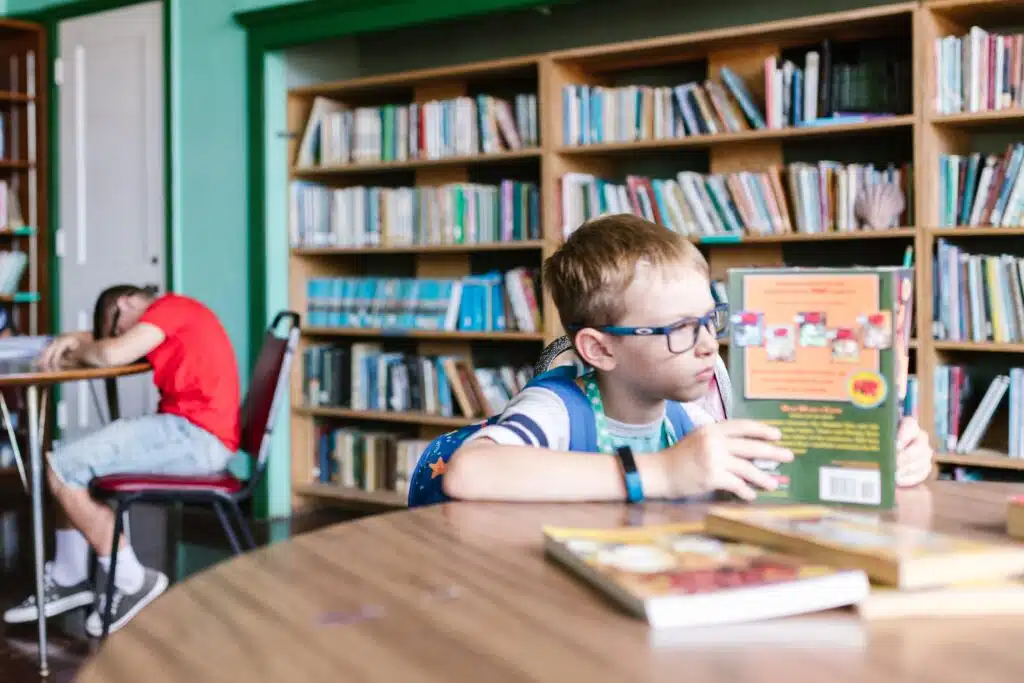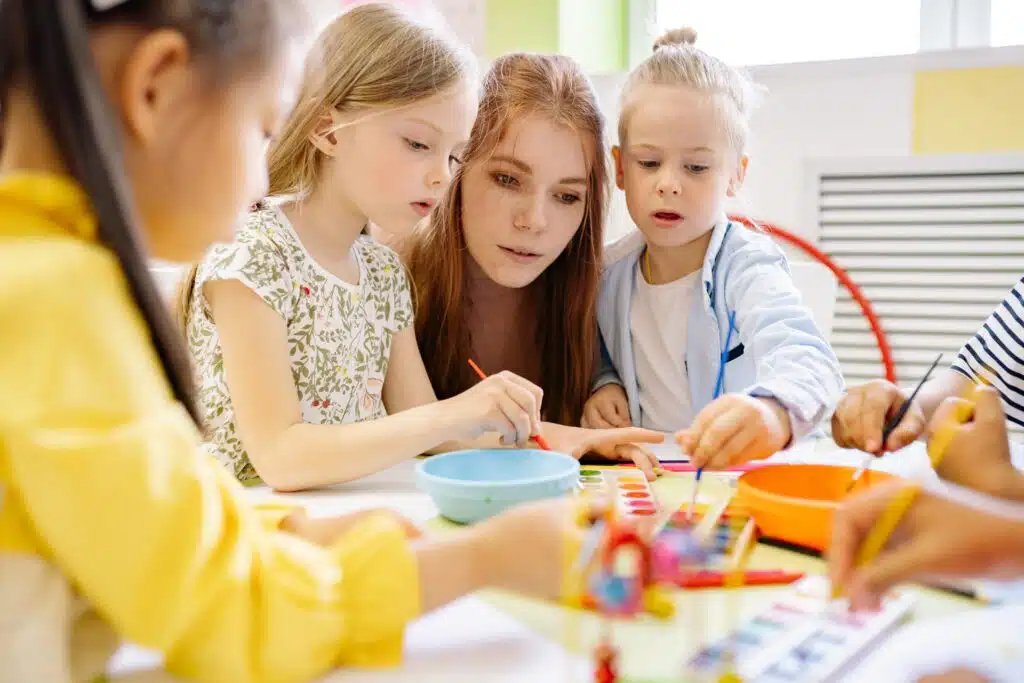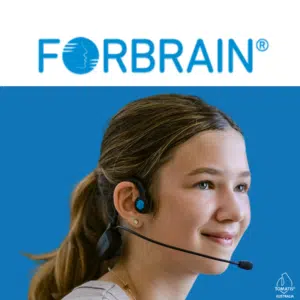Learning disabilities are tricky and complex. They are very different from physical abnormalities in many ways.
For one, they are easier to diagnose. However, in the case of a learning disability, the physical body is usually ‘normal.’ It is the wiring of the brain that is different from the rest of us. Many kids with learning impairments are considered to be unmotivated, lazy, intentionally inattentive and very often, ‘stupid’ or ‘weird.’
“It is a lonely existence to be a child with a disability that no one can see or understand. You exasperate your teacher, you disappoint your parents, and, worst of all, you know that you are just not stupid,” – exclaims Susan Hamilton, a specialist in learning disabilities.
